COVID cases among students have rocketed to the highest level since January amid fears schools will be forced to close due to the Delta variant.
A whopping 214,000 pupils were self-isolating at home due to “potential contact” with a Covid case in the third week of June – up from 71,900 the week before.
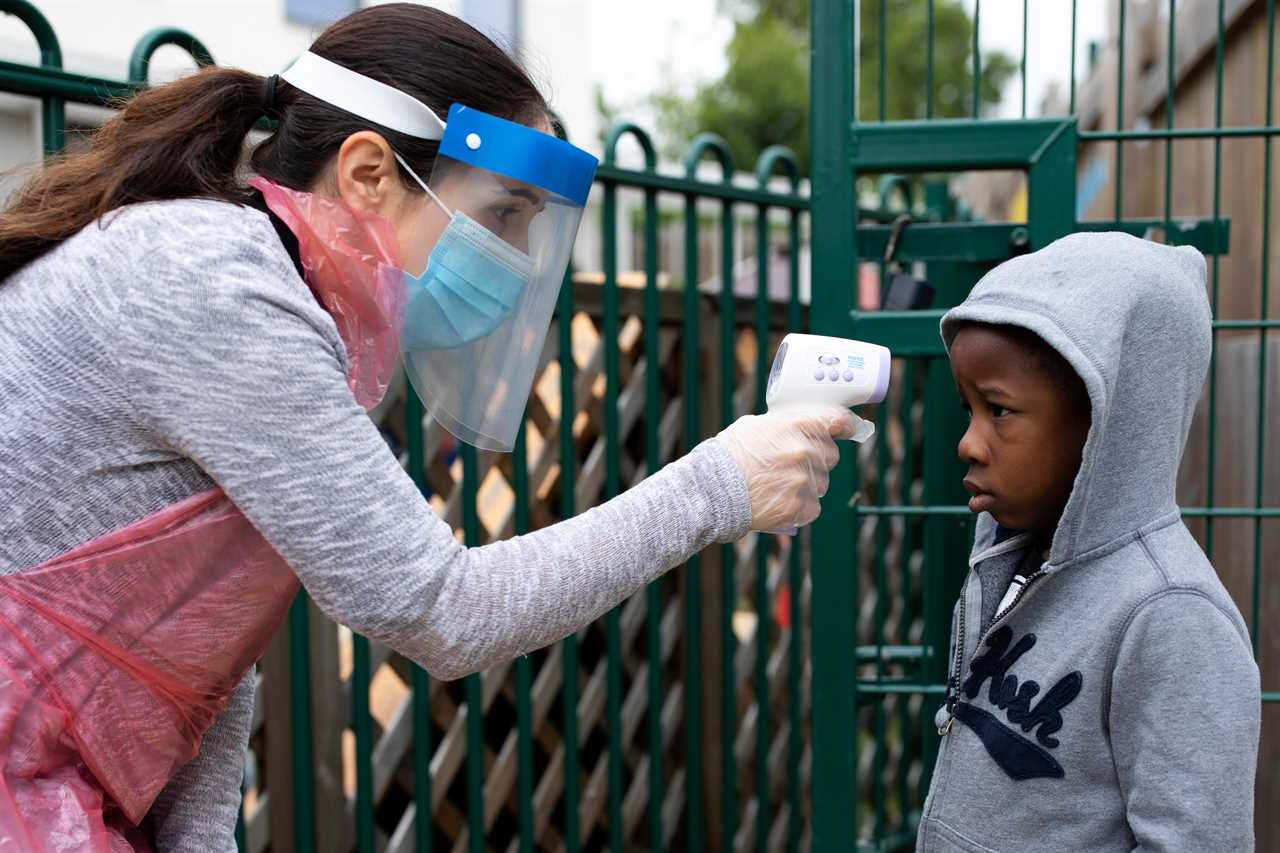
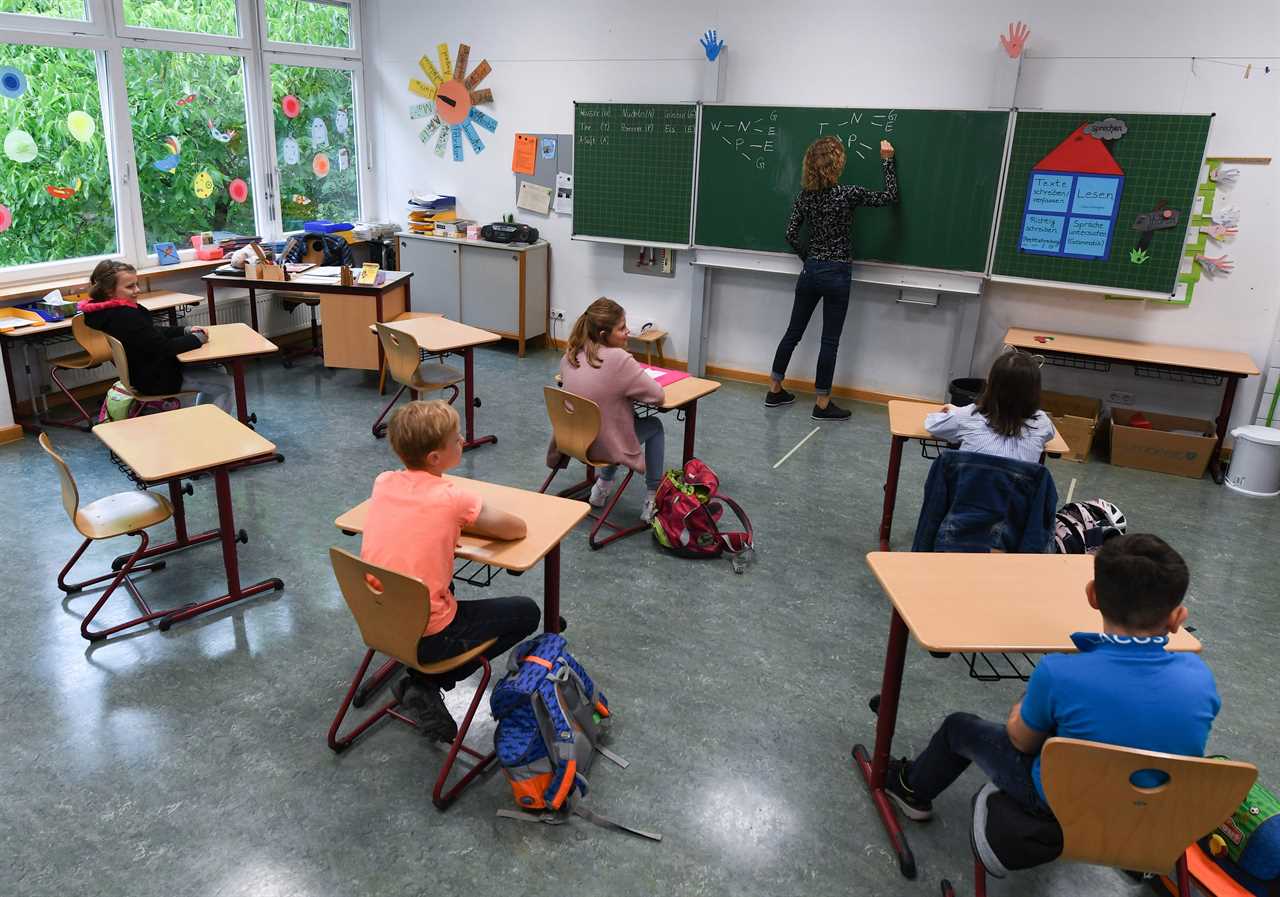
And 16,100 pupils were at home with a suspected case of Covid in the same period – up from 10,600 seven days earlier.
The number of outbreaks in schools and colleges jumped from 96 to 148 – a rise of 54 per cent – in the week to June 20, Trending In The Newsday Times reports.
The latest data from the Government shows a 70 per cent weekly rise in positive Covid cases among children aged five to nine – mostly for the Delta variant first identified in India.
There was also a 56 per cent jump in cases among children aged 10 to 14.
Across the UK population, Covid infections have risen by 80 per cent in a week as 18,270 new cases were recorded on Saturday – in the highest daily count for five months.
Steve Chalke, founder of the Oasis trust, which runs academies across England, warned schools were becoming “incubation centres for the new Delta variant”.
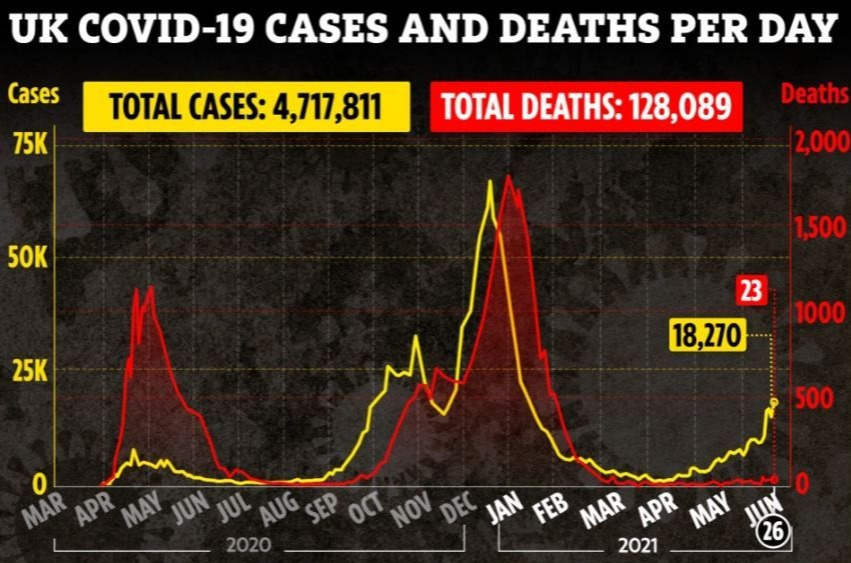
“The trend is upwards in schools and has been for the last three weeks. We do not appear to have reached the peak of this third wave,” he told The Times.
“The impact on children in schools and on their teachers and parents is big. We have sent dozens of bubbles home. We have not closed any schools yet but we are on a knife edge.”
Chalke also warned that many teenagers and teachers are seriously ill with long Covid symptoms.
And Kevin Courtney, joint general secretary of the National Education Union, said cases are expected to double three times before the end of term next month.
He warned there was “every prospect of many more children self-isolating”.
But parents have started to question the Government’s strategy of sending entire bubbles of up to 100 children home to self isolate for 10 days when a student has a positive test.
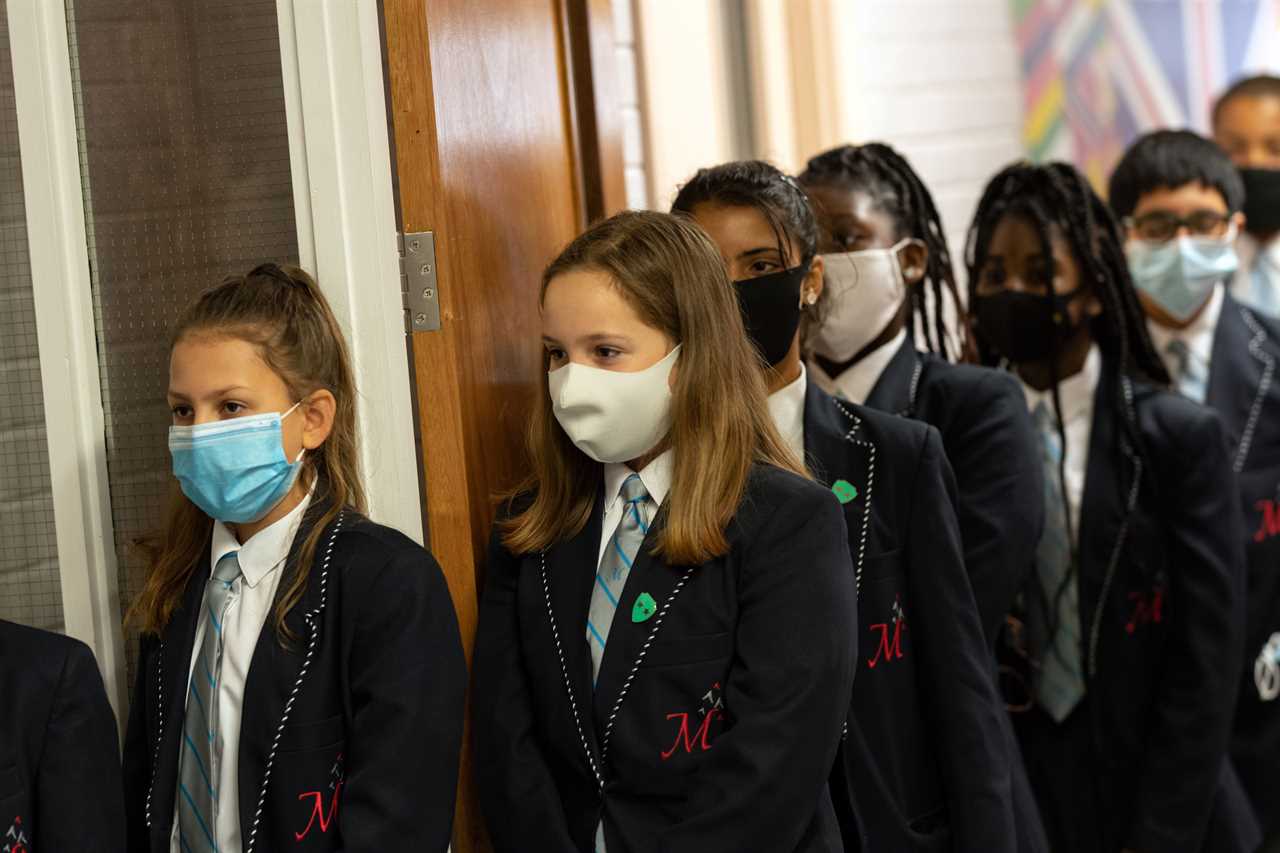
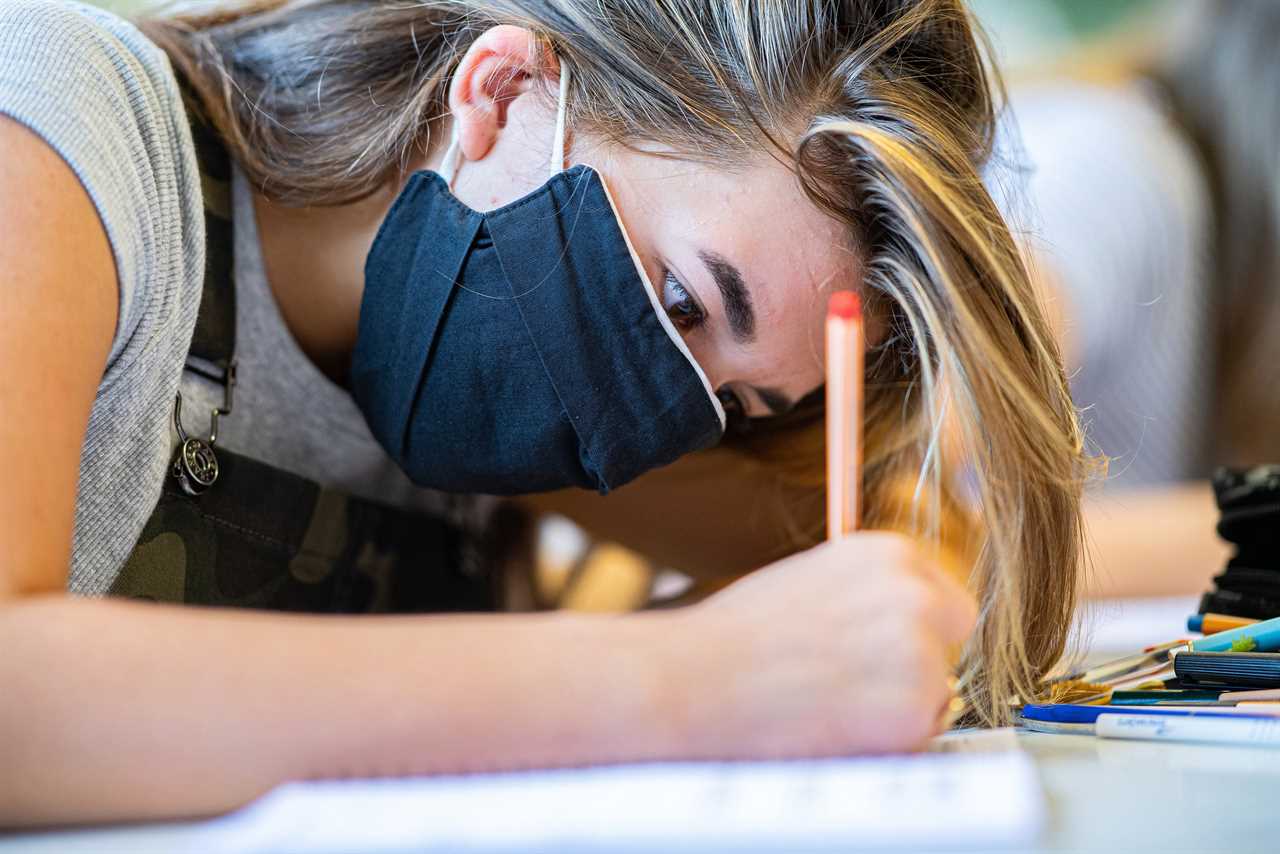
Figures for the week to June 19 show that out of 214,000 children who were off school, only 9,000 pupils had a confirmed case of Covid.
Many schools leaders are hoping for a vaccine rollout for schoolchildren this summer to curb the chaos of self-isolation and the rampant spread of the virus among pupils.
But experts on the Joint Committee on Vaccination and Immunisation are yet to announce whether it is necessary to jab all kids and teens in the UK.
There are various trials of leading vaccines ongoing in children.
Pfizer and Moderna have revealed results so far, and they are promising.
Trials found both the Pfizer and Moderna jabs were 100 per cent effective at preventing Covid illness in 12 to 15-year-olds.
After the astonishing results from Pfizer in March, the UK’s medicine regulator the MHRA authorised the jab in kids aged 12 to 15 in early June.
When Moderna looked for milder cases after one dose, the vaccine was still shown to be 93 per cent effective.
Moderna has also applied for authorisation for its jab to be used in those aged 12 to 17.
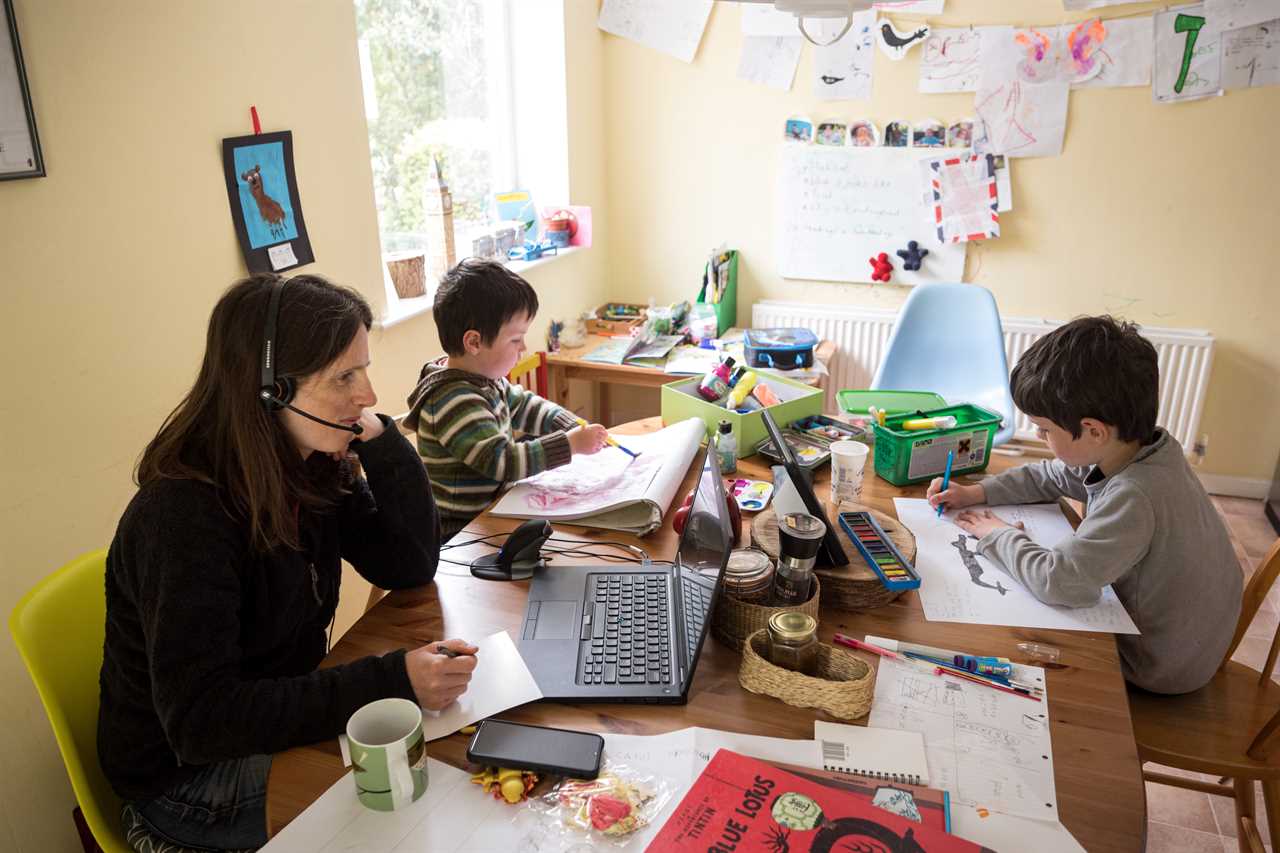
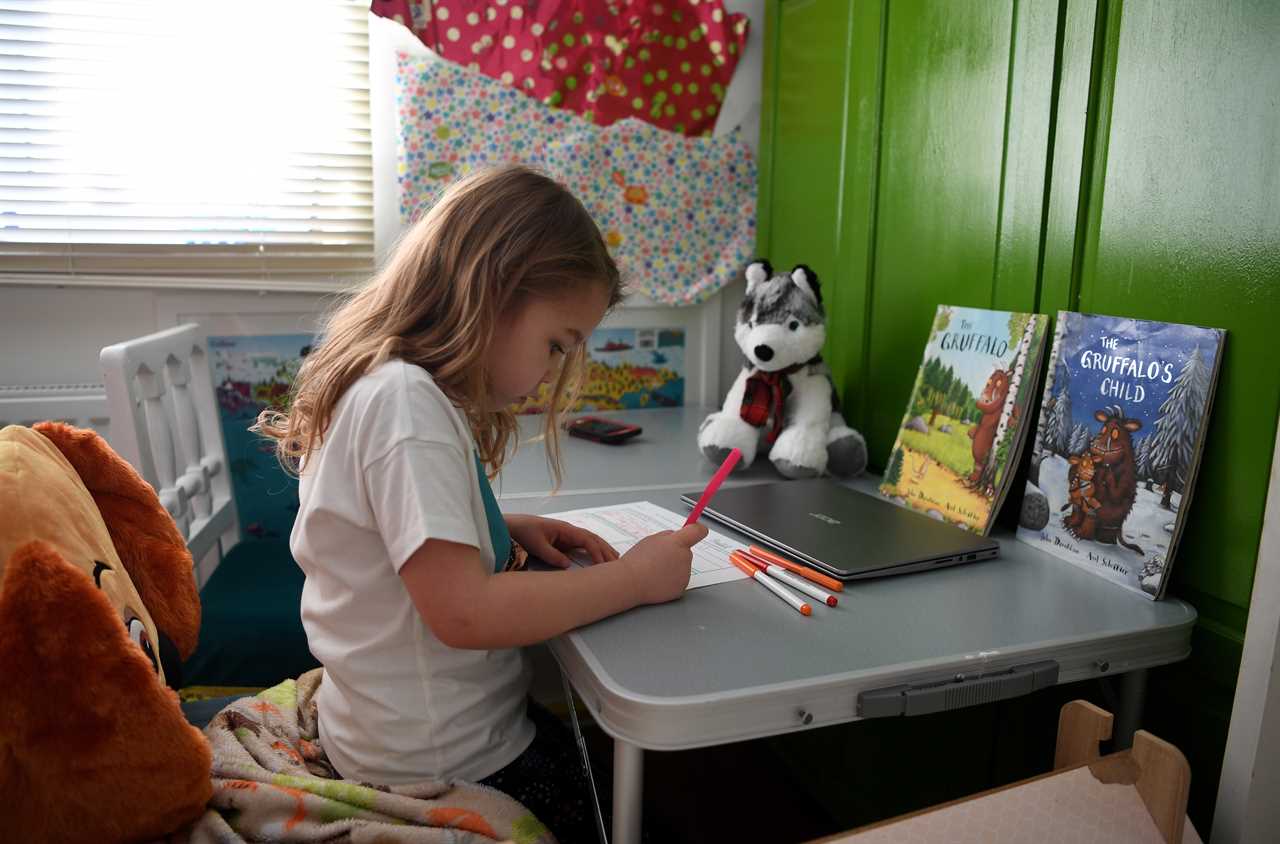
But a decision to vaccinate all 12 to 17-year-old kids is unlikely to be recommended by UK vaccine experts imminently, the BBC reports.
Professor Anthony Harnden, deputy chairman of the JCVI, has previously said there are “ethical dilemmas” when it comes to vaccinating children.
And Calum Semple, professor of child health and outbreak medicine at the University of Liverpool, pointed out that the risk of death in children from the virus is literally “one in a million”.
He told BBC Radio 4’s Today programme on June 16: “We know in wave one and wave two put together there were 12 deaths in children – in England, Scotland, Wales and Ireland put together – and that is rare, because there are about 13 to 14 million children in the UK.
“So we’re talking about vaccinating children here mainly to protect public health and reduce transmission.”
And Prof Stephen Evans, Professor of Pharmacoepidemiology, London School of Hygiene & Tropical Medicine, questioned whether it is worth offering vaccines to children when it would have little clinical benefit.
He said: “Children are at extremely small risk of any adverse outcome, especially death, resulting from Covid.
“Vaccinating them would largely bring benefits to others – adults including teachers who they may infect with the virus if the children themselves are infected.
“We do not know with certainty that vaccinating children will notably reduce their possible transmission of the virus to others…”






